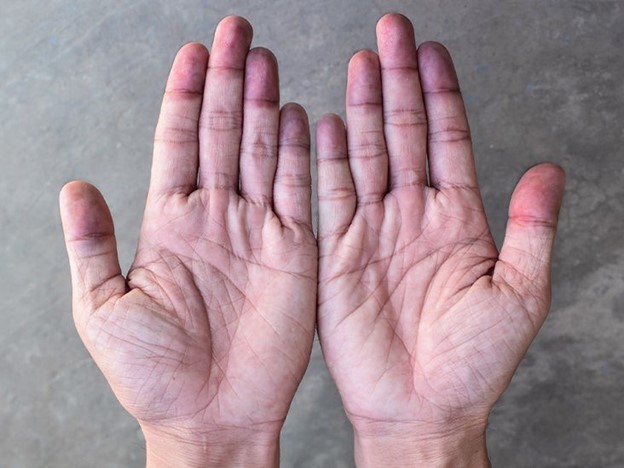A nurse is caring for a client who has given informed consent for electroconvulsive therapy (ECT). Just before the procedure, the client expresses to the nurse that she is having second thoughts and is considering not going through with the treatment. What is the most appropriate response for the nurse in this situation?
"It's understandable to feel nervous before this treatment. Most people feel better after, but you have the right to change your mind at any time."
"I know this is a difficult decision, but the doctor believes ECT is the best option for you. Are you sure you want to cancel?"
"That's completely fine! We can reschedule for another time when you're feeling more ready."
"You signed the consent form, so you need to go through with the treatment. It's important to follow through on your commitments."
The Correct Answer is A
The correct answer is Choice A.
Choice A rationale:
- Acknowledges the client's feelings: It's important for the nurse to validate the client's concerns and let them know that it's understandable to feel nervous or uncertain about ECT.
- Provides information about the treatment: The nurse can offer information about the potential benefits of ECT, but it's important not to pressure the client or make them feel like they have to go through with it.
- Reassures the client of their right to change their mind: This is a crucial aspect of informed consent. The client has the right to withdraw their consent at any time, even after signing the consent form.
Choice B rationale:
- Places undue pressure on the client: This response implies that the doctor knows what's best for the client and that the client should go through with the treatment even if they have doubts. This can undermine the client's autonomy and decision-making ability.
Choice C rationale:
- May minimize the client's concerns: While rescheduling the treatment is an option, it's important to explore the client's concerns more thoroughly before suggesting this. It's possible that the client has valid reasons for not wanting to go through with ECT, and these reasons should be addressed.
Choice D rationale:
- Is disrespectful of the client's autonomy: This response suggests that the client is obligated to go through with the treatment simply because they signed a consent form. This ignores the fact that people can change their minds and that consent is an ongoing process.
Nursing Test Bank
Naxlex Comprehensive Predictor Exams
Related Questions
Correct Answer is B
Explanation
The correct answer is: B
Choice A reason: A social worker may assist clients in many ways, including finding legal representation. However, this statement does not address the client’s concern about the cost of legal representation for advance directives. It’s important to note that while social workers can provide support, they do not eliminate the need for legal representation if the client chooses to seek it.
Choice B reason: This is the correct statement because advance directives do not require legal representation to be valid. They become legally binding when signed in front of the required witnesses. This option directly addresses the client’s concern about affording legal representation by informing them that it is not necessary for the creation of advance directives.
Choice C reason: While medical care can be initiated without advance directives, this statement does not address the client’s concern about the cost of creating advance directives. It also implies that medical care is contingent on the completion of legal documents, which is not accurate.
Choice D reason: Verbal agreements are not as legally binding as written advance directives and could lead to misunderstandings or disputes later on. It is important for the client to have a clear and documented advance directive, which does not necessarily require legal review to be valid.
Correct Answer is D
Explanation

Cyanosis is a bluish discoloration of the skin and mucous membranes due to inadequate oxygenation of the blood. It is more difficult to detect in people who have dark skin, so the nurse should look for cyanosis in areas where the skin is thinner and the blood supply is richer, such as the palms of the hands, the lips, the gums, and around the eyes.
These areas are less affected by melanin, the pigment that gives skin its color.
Choice A is wrong because an area of trauma may have bruising or inflammation that can mask cyanosis.
Choice B is wrong because the sacrum is not a good site to assess for cyanosis in any skin tone, as it is prone to pressure ulcers and poor circulation.
Choice C is wrong because the shoulders are not a mucous membrane and may have more melanin than other areas of the body.
Whether you are a student looking to ace your exams or a practicing nurse seeking to enhance your expertise , our nursing education contents will empower you with the confidence and competence to make a difference in the lives of patients and become a respected leader in the healthcare field.
Visit Naxlex, invest in your future and unlock endless possibilities with our unparalleled nursing education contents today
Report Wrong Answer on the Current Question
Do you disagree with the answer? If yes, what is your expected answer? Explain.
Kindly be descriptive with the issue you are facing.
